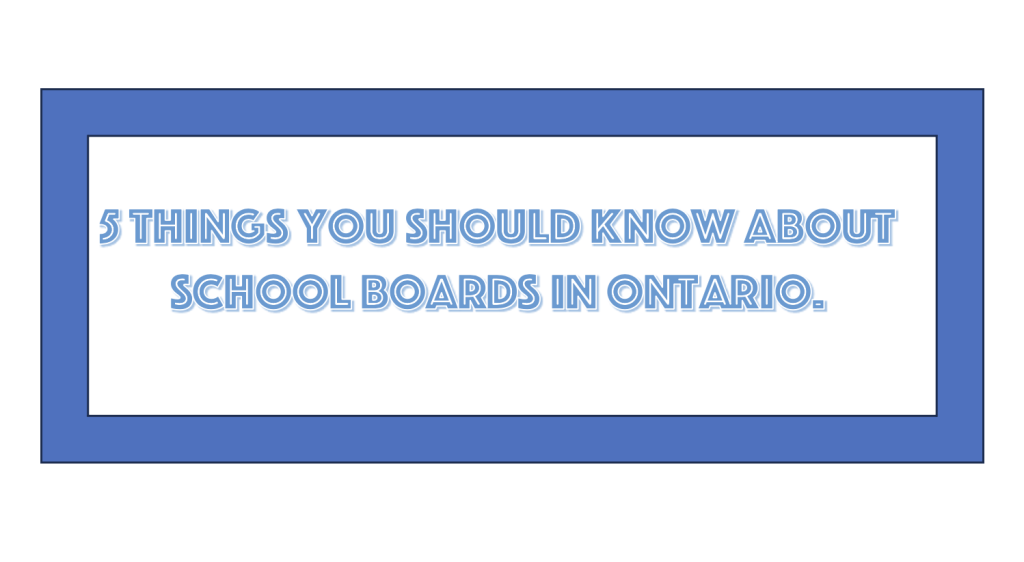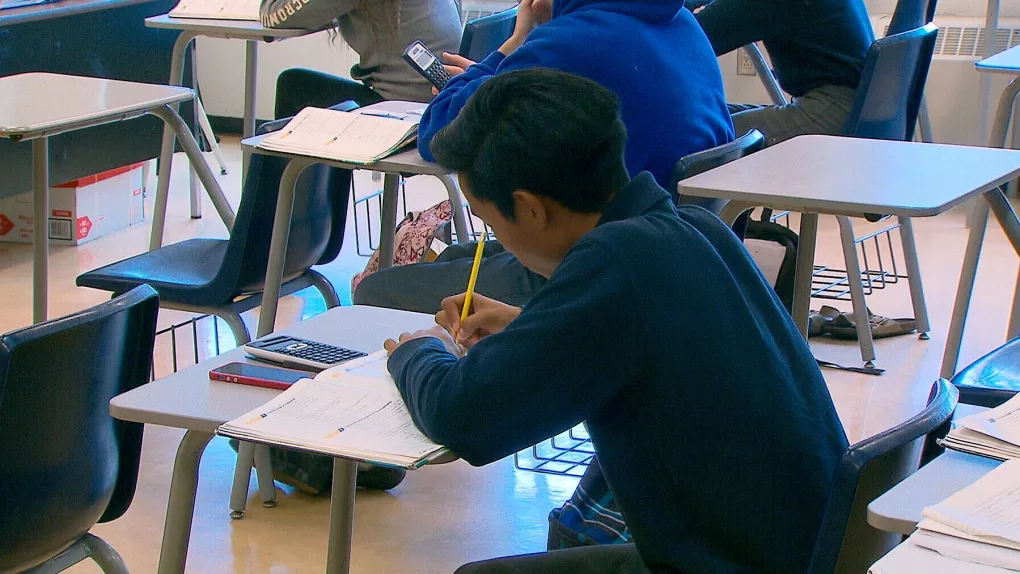School boards play a crucial role in Ontario’s education system, overseeing the management and administration of schools within their jurisdiction. Understanding how school boards operate and their impact on students, parents, and communities is essential for anyone navigating the education landscape in Ontario.
Table of Contents
5 Things to Know About School Boards in Ontario
In this article, we will explore five key things you need to know about school boards in Ontario. Whether you’re a parent, a student, an educator, or a community member, this information will provide valuable insights into the functions, responsibilities, and importance of school boards in shaping the educational experiences of students across the province.
Read Also: Top 10 Best School Boards in Ontario
1. Structure and Governance
School boards in Ontario operate under a democratic governance model. They are locally elected bodies responsible for managing and governing the schools within their jurisdiction. The structure of school boards consists of trustees who are elected by the public during municipal elections.
Trustees serve as advocates for their communities and make decisions on matters related to curriculum, policies, budgets, and school operations. The number of trustees and the size of the board depend on the population and geographic area served by the board.
2. Responsibilities and Mandate
School boards have a wide range of responsibilities and a clear mandate to ensure quality education for all students within their jurisdiction. Their primary focus is on student achievement, well-being, and success.
Some key responsibilities of school boards include developing and implementing policies, setting educational goals, overseeing curriculum delivery, managing school budgets, hiring and evaluating school staff, and fostering a positive and inclusive school environment. School boards also play a crucial role in engaging parents and the community, promoting partnerships, and ensuring accountability for the effective use of resources.
3. Program Offerings and Specialized Services
School boards in Ontario offer a variety of programs and services to meet the diverse needs and interests of students. They provide comprehensive education from kindergarten to grade 12, including elementary and secondary education. In addition to the standard curriculum, school boards offer specialized programs such as French immersion, arts-focused programs, sports academies, and alternative education options.
They also provide support services for students with special needs, English language learners, and students requiring additional academic or social support. School boards strive to create inclusive and equitable learning environments where all students can thrive.
Read Also: A comprehensive guide to choosing the right school board for your child
4. Community Engagement and Parent Involvement
School boards actively encourage community engagement and value the input and involvement of parents and caregivers. They provide opportunities for parents to participate in school council meetings, advisory committees, and consultations on important educational matters.
School boards also collaborate with community organizations, businesses, and other stakeholders to enhance educational opportunities and support students’ overall development. Parent engagement is considered vital for student success, and school boards work to create strong partnerships between home, school, and community.
5. Accountability and Performance
School boards are accountable to the public for the effective management and delivery of education. They are required to meet various accountability measures, including financial management, student achievement, and compliance with provincial policies and regulations.
School boards regularly report on their performance indicators, school improvement plans, and progress towards educational goals. They also participate in external assessments and evaluations to ensure continuous improvement and demonstrate transparency to the public.
Conclusion
School boards in Ontario have a significant impact on the education system, students, and communities they serve. Understanding their structure, responsibilities, program offerings, community engagement, and accountability measures is crucial for parents, students, and stakeholders.
School boards play a vital role in shaping educational experiences, providing support services, and fostering inclusive learning environments. By staying informed and actively engaging with school boards, parents and community members can contribute to the success and well-being of students across Ontario.



